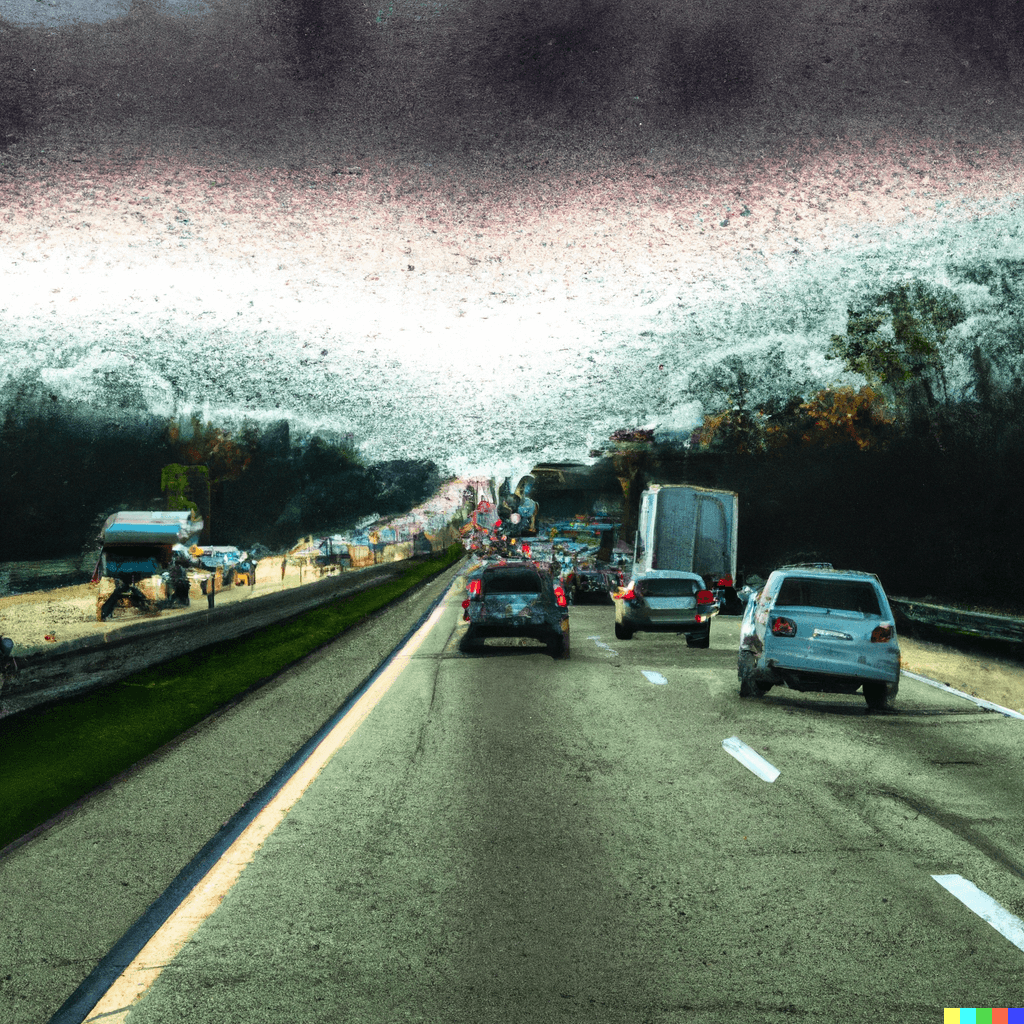Understanding Ohio’s Car Accident Laws: What Columbus Drivers Need to Know
Selph Law, 6047 Frantz Road Suite 101, Dublin OH 43017 | www.SelphLaw.com
For drivers in Columbus, Ohio, understanding the state’s specific car accident laws is crucial. These laws not only govern how accidents are handled but also affect the rights and responsibilities of accident victims. This comprehensive guide delves into Ohio’s car accident laws, offering valuable insights for Columbus drivers and aiming to boost organic traffic to Selph Law’s website, www.SelphLaw.com.
Navigating Ohio’s Unique Car Accident Laws
Ohio’s At-Fault Insurance System
Ohio follows an at-fault insurance system. This means that the driver who is responsible for causing the accident is also liable for any resulting harm. Understanding this system is essential for any Columbus driver involved in a car accident.
Importance of Immediate Action
If you’re involved in a car accident in Columbus, it’s important to act promptly. Ohio law requires drivers involved in an accident to stop their vehicle, exchange information, and report the accident if it results in injury, death, or significant property damage.
Understanding Comparative Negligence
Ohio operates under a modified comparative negligence rule. This means that if you are partially at fault for the accident, your compensation can be reduced by your percentage of fault. However, if you are more than 50% at fault, you cannot recover any damages.
Reporting the Accident
For accidents in Columbus with significant damage or injuries, you must report it to the police. A police report provides an official record of the incident, which is crucial when filing an insurance claim or a lawsuit.
Statute of Limitations
In Ohio, there is a two-year statute of limitations for filing a car accident lawsuit. This means you have two years from the date of the accident to initiate legal proceedings. This deadline is critical for protecting your right to compensation.
Dealing with Insurance Companies
After an accident, you’ll need to deal with insurance companies. In Ohio, the at-fault party’s insurance is responsible for covering the damages. It’s advisable to consult with a car accident attorney before accepting any settlement offers, as they can often be lower than what you may be entitled to.
The Role of a Car Accident Attorney
A skilled car accident attorney can be invaluable in navigating Ohio’s car accident laws. They can help in assessing the accident, determining fault, negotiating with insurance companies, and, if necessary, representing you in court.
Key Takeaways for Columbus Drivers
Understand Ohio’s At-Fault Insurance System: Know your rights and responsibilities under this system.
Act Quickly: Prompt action is crucial in the aftermath of an accident.
Know the Comparative Negligence Rule: Your compensation can be affected if you are found to be partially at fault.
Report the Accident: Ensure all significant accidents are reported to the police.
Be Aware of the Statute of Limitations: Don’t miss the deadline for filing a lawsuit.
Consult with an Attorney: Professional legal advice can significantly impact the outcome of your claim.
Conclusion
For Columbus drivers, understanding Ohio’s car accident laws is vital. These laws play a crucial role in determining how compensation is awarded and how liability is assigned. If you find yourself in a car accident, remember these key points and consider seeking legal advice from an experienced car accident attorney.
For expert legal guidance and representation in Columbus, Ohio, visit Selph Law at www.SelphLaw.com. Our experienced team is dedicated to helping you navigate the complexities of car accident laws and ensuring your rights are protected.
Sub Categories
Recent Articles
-
 Jul 22, 2024Seasonal Risks Leading to Different Types of Personal Injury Accidents
Jul 22, 2024Seasonal Risks Leading to Different Types of Personal Injury Accidents -
 Jul 22, 2024Common Injuries in Different Personal Injury Cases
Jul 22, 2024Common Injuries in Different Personal Injury Cases -
 Jul 22, 2024Maximizing Compensation in Personal Injury Accident Cases
Jul 22, 2024Maximizing Compensation in Personal Injury Accident Cases -
 Jul 22, 2024Unnatural Provable Negligence in Slip and Fall Cases
Jul 22, 2024Unnatural Provable Negligence in Slip and Fall Cases

